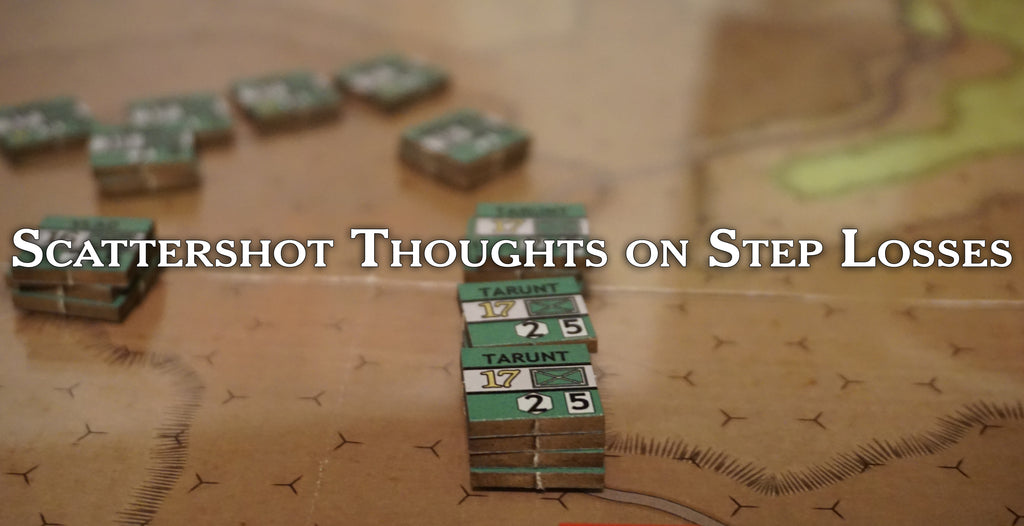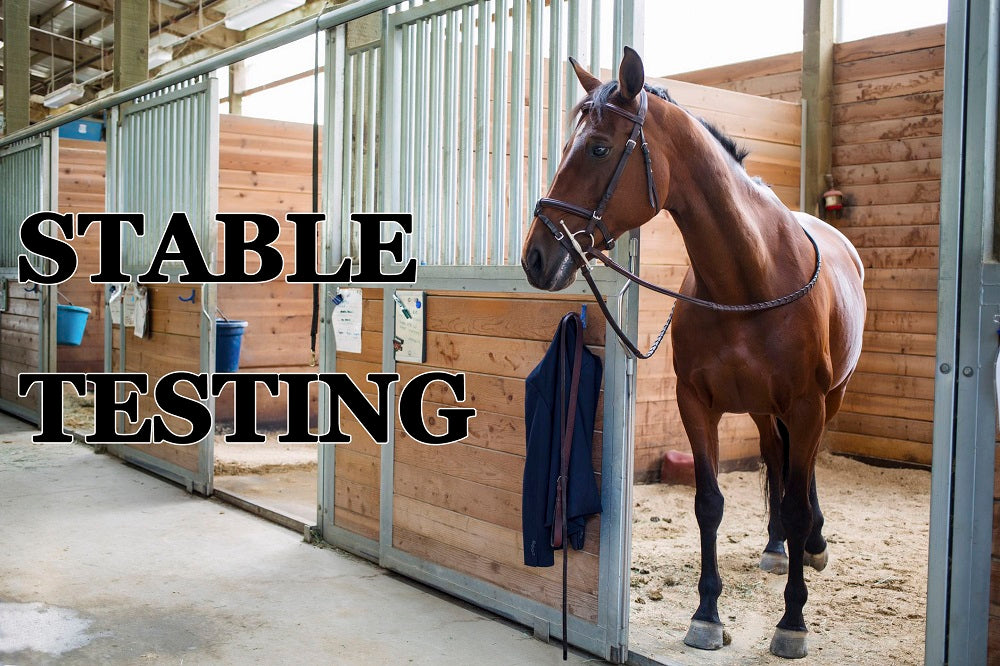Hollandazed: Thoughts, Ideas, and Miscellany — game development
FROM THE ARCHIVES: SCATTERSHOT THOUGHTS ON STEP LOSSES (by Tom Russell)

You nudge your little square division to the front, compare its attack factor of 4 to the enemy's defense factor, and roll the die: ugh, a six, AL, attacker loss. You flip the counter to its reverse side, reducing its attack factor to 2. Half the cardboard men under your command are dead. Only they're not, because as all grognards know, and as many rulebooks are quick to point out, a step loss doesn't represent death, but simply a reduction in effective fighting strength. That's bloodshed and wounds and prisoners, sure, but also general discombobulation and dispersal, exhaustion, morale collapse,...
FROM THE ARCHIVES: THREE WAYS TO EVALUATE A DESIGN

When we evaluate a design submission, the first thing we do is take a look at the rules to get a sense of the thing. If it captures our interest, we then proceed to getting the game on the table. I don't have hard numbers on this, but I'd hazard a guess that only about a third of the submissions that we turn down get to that second step. If we've taken the time to print up a copy of the game, or to ask the designer to go to the expense of sending us a playtest kit, then we...
FROM THE ARCHIVES: STABLE TESTING

Today, a few brief words of advice about playtesting. Playtesting is of course the scalding hot viscera that brings these little Frankenstein monsters to life, and as might be expected by my choice of metaphor, it can be a messy, dangerous, and exhausting process. There are oodles and oodles of advice out there about how to choose testers, how to conduct tests, what to ask, with much of the advice often being contradictory. Really, you just have to find the method, or combination of methods, that will work best for you. But whichever method you choose - however you go...
FROM THE ARCHIVES: FAIR (by Tom Russell)

A couple weeks ago someone asked me about a set-up rule in one of my games, the rule being designed to confer to one side or the other a slight advantage at the beginning of the game. And this person was wondering why that was. Just as easily, the game could be set-up so as to confer no advantage to either side. Wouldn't that be more fair? And yes, it would be, but I had no interest in the thing ever being "fair". Partially this is because exploiting or overcoming that advantage is what gives the first turn or two...
FROM THE ARCHIVES: THE BALANCE BINARY (by Tom Russell)

I have a strong preference - as a player, as a designer, and as one-half of a publisher - for dynamic games, by which I mean games where the balance is highly mutable and prone to distortion based on player actions. One of the ways I try to achieve this in my own work is through the use of feedback loops, in which succeeding makes it easier to succeed, and failing makes it easier to fail. The winners keep winning and the losers keep losing. The balance of the game is in flux, capable of being tilted in one direction...
